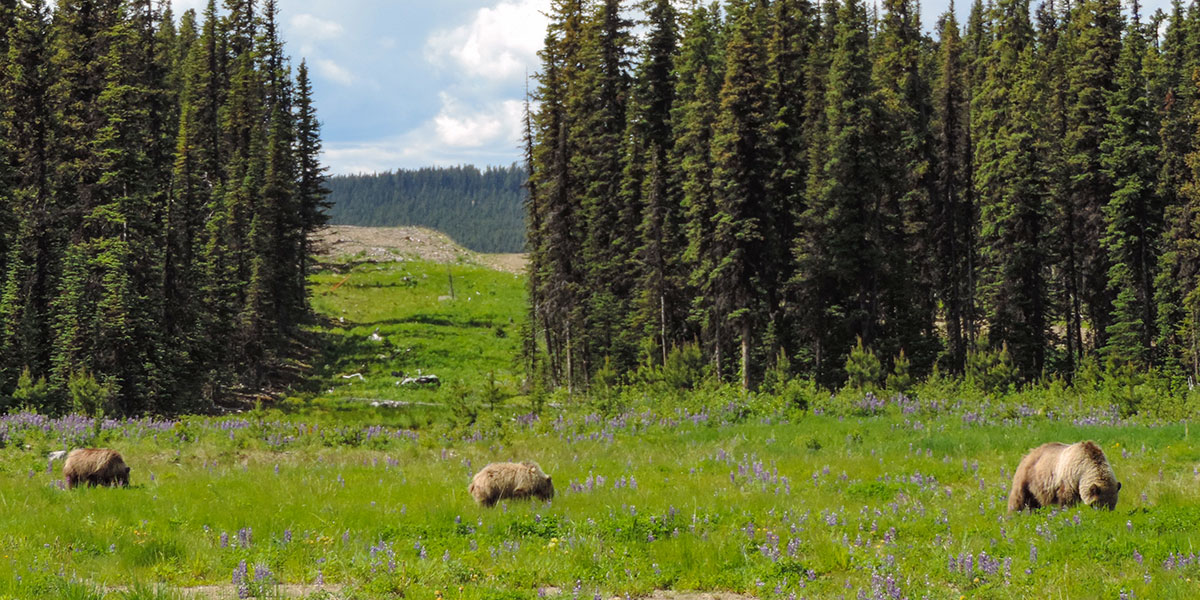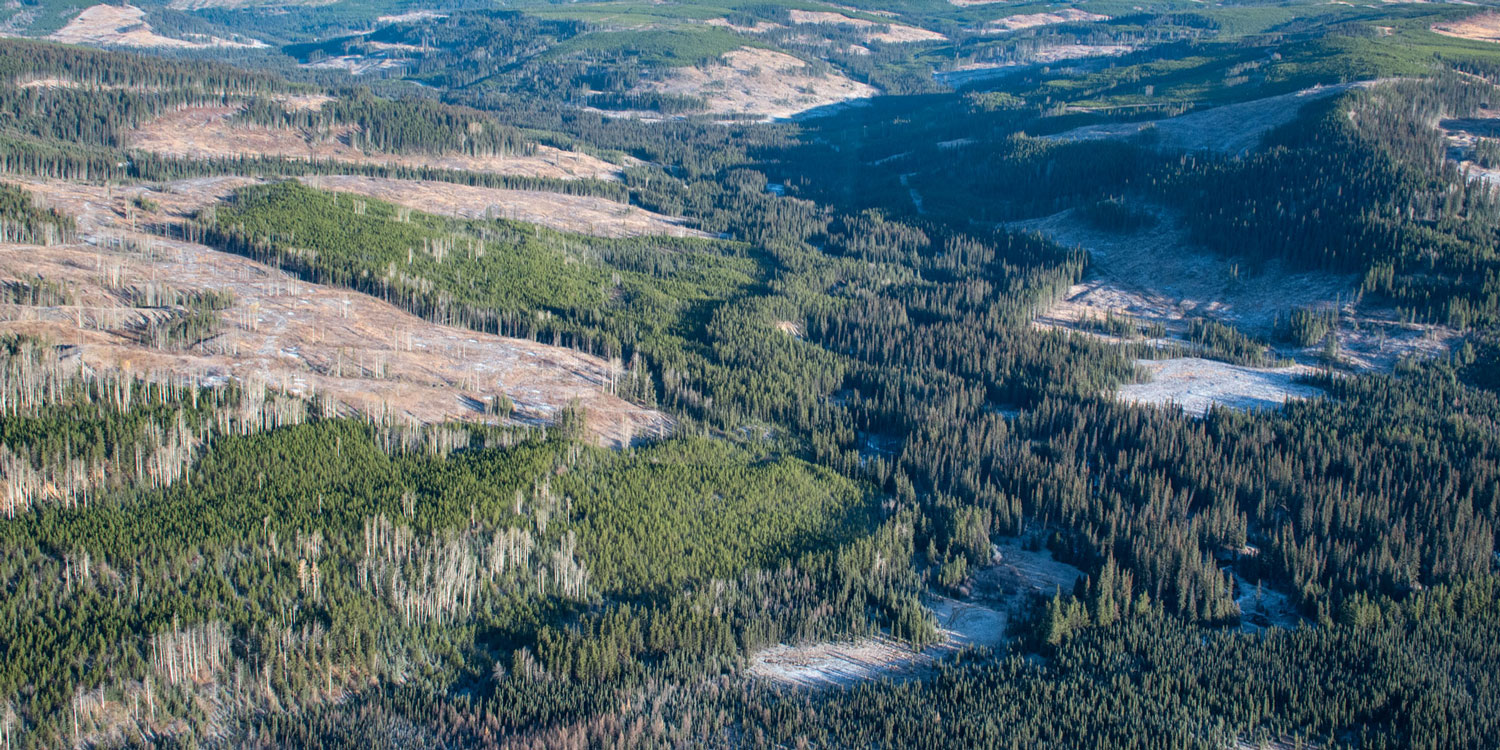
Paper Abstract
This paper explores the application and implications of ecosystem-based management (EBM) in Canadian forest ecosystems, emphasizing a review of cultural, social, and economic components. We started with a detailed examination of historical contexts, principles, and existing socio-economic impacts of EBM. We did find that forest managers have been investing heavily in understanding ecosystem dynamics via NRV research. Then we identified the opportunities and barriers to the development and application of the next generation of EBM. More specifically, we documented the shift to EBM over recent decades, assessed the current impact of EBM on forest operations and finally, described how the next generation of EBM could improve partnerships and consultation, and, better link EBM to global discussions on biodiversity, forest finance, sustainability reporting, and climate resiliency. We see opportunities for EBM development in: 1. gathering better socio-cultural and economic data to increase the relevance of EBM, 2. developing more meaningful partnerships, and 3. continuing to improve stakeholder and Indigenous consultations.
Presenters
Drs. Williams and Bull have worked together on many forest land use projects, in Canada and around the world, for over three decades.
Dr. Jeremy Williams
B.Sc.F., Ph.D. (Forest Economics), R.P.F
President, Arborvitae Environmental Services Ltd.
Jeremy earned a B.Sc.F. from the Faculty of Forestry, University of Toronto, in 1979 and a Ph.D. in Forest Economics from the same institute in 1986. Jeremy has consulted since 1987, and he has worked in all the provinces of Canada as a natural resource consultant and economist. The majority of his experience is grounded in the forest sector. Early areas of specialization included wood supply analysis and forest modelling, the economics of silviculture, developing and assessing criteria and indicators of sustainable development, and sectoral analysis work. More recently, the focus of his work has been on climate change and forest carbon accounting, working with First Nations and Métis, and working in the biomass sector. Jeremy has been in the carbon space since 1999, when he undertook a series of projects for the federal government looking at afforestation and reforestation prospects in Canada.
Dr. Gary Bull
B.Sc.F, MF, PhD, Dipl. (Forestry and Accounting)
Gary Bull is a recent Professor Emeritus (and former Head of Forest Resources Management Department) at the University of British Columbia in Canada. He taught courses in the emerging bio- economy, forest management and resource economics. He has worked with indigenous peoples in Canada for nearly 25 years in order to bridge the gaps between changing bio and information technologies, natural resource management, resource economics and First Nations/ Métis culture and values. He has prepared over 200 scientific publications and technical reports for peer reviews journals and international organizations.
Gary is also a resource/carbon economics specialist, working with global forest products companies, bioenergy companies, several large ENGOs, indigenous organizations and all levels of government. Gary has worked on all forested continents and for the UN Food and Agriculture Organization in the areas of statistics, modelling and policy implementation.
This is part of the Webinar Wednesday series of Healthy Landscapes Program webinars going back to 2018. Find recordings of past webinars here.









